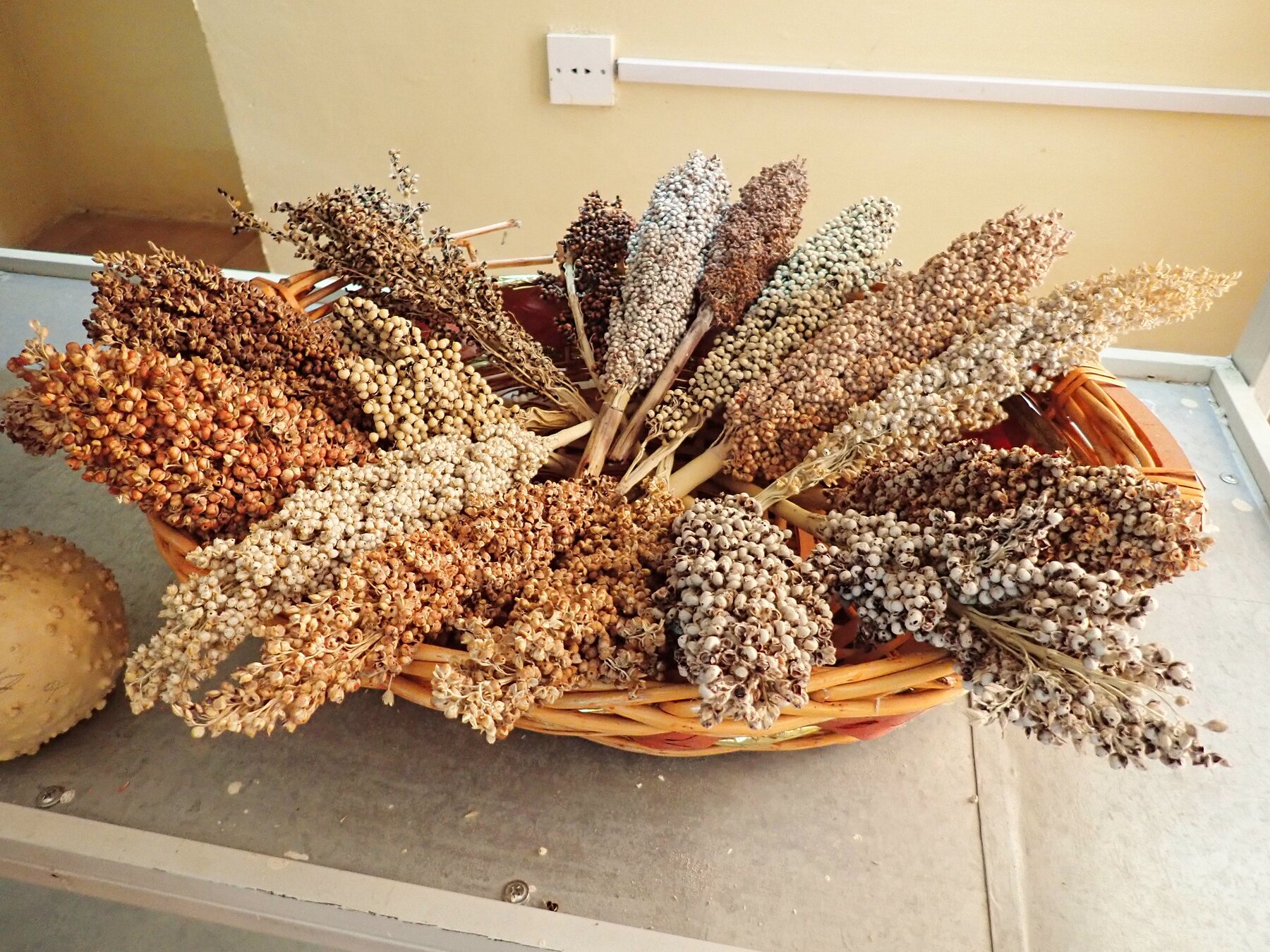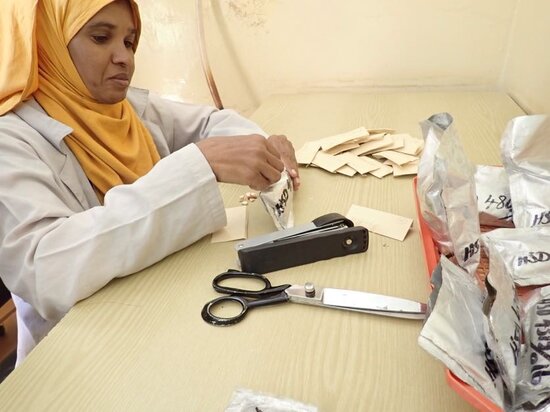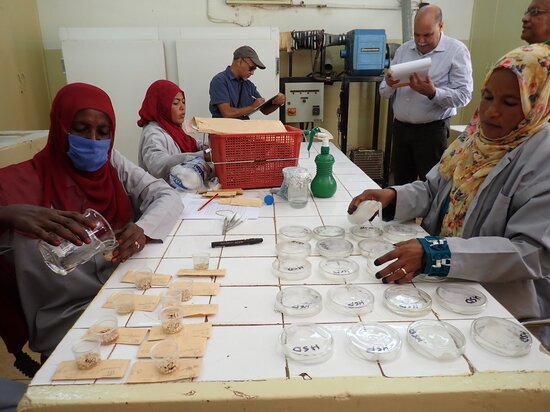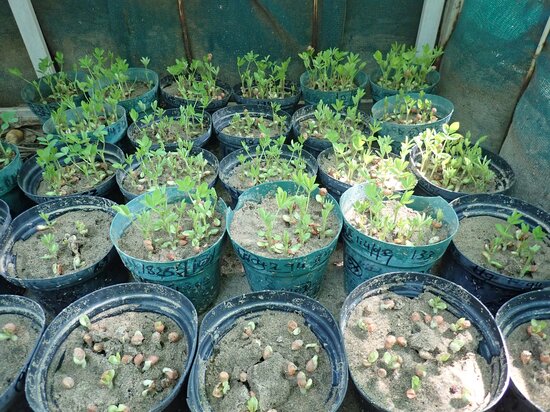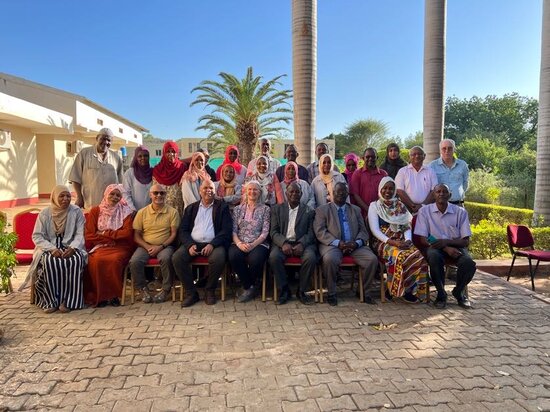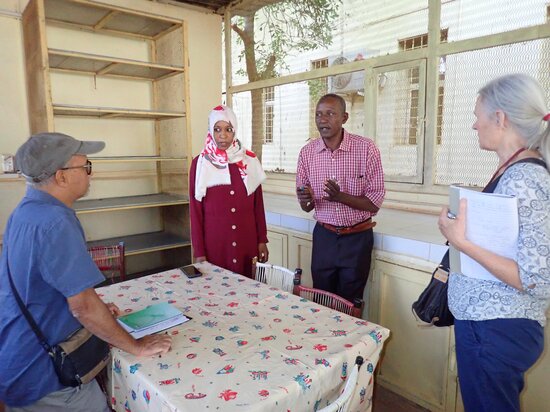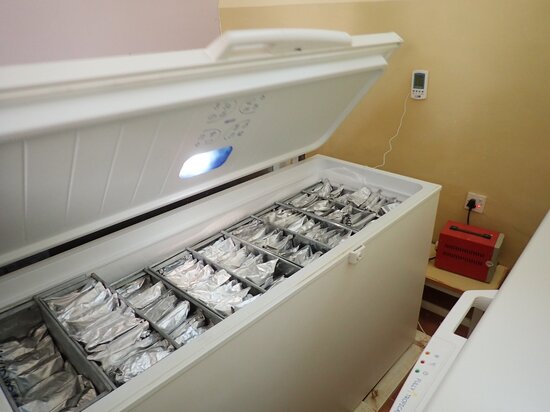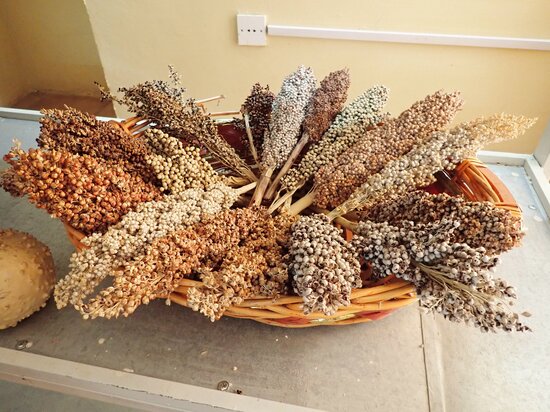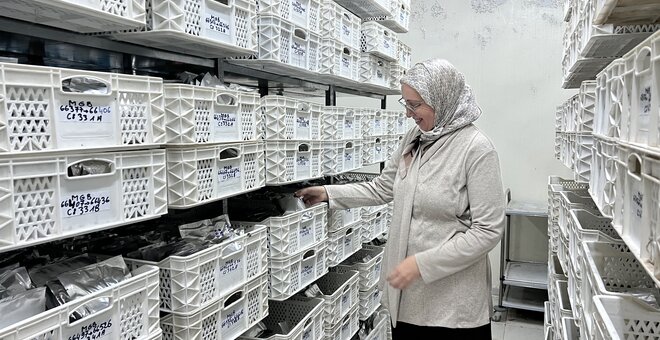Sudan: Agricultural Plant Genetic Resources Conservation and Research Centre
Location
Wad Medani, Sudan
Parent Organization
Agricultural Research Corporation (ARC)
Mission
- Explore and collect plant agro-biodiversity from diverse agro-ecological zones in Sudan.
- Serve as the national facility for conservation and distribution of plant genetic resources for food and agriculture (PGRFA) to users.
- Characterize and evaluate germplasm in order to enhance its utilization for improving agricultural productivity, ensuring food security and sustaining agricultural production systems.
- Document and disseminate information on PGRFA.
- Generate knowledge and create awareness about Plant Agro-biodiversity.
Date Established
1982
Number of Accessions Conserved
17,277 (as at November 2022)
Main Crops Conserved
- Cereals, including sorghum, pearl millet, maize, wheat and rice.
- Oil crops, including sesame and groundnut
- Grain legumes, including cowpea, faba bean, chickpea and pigeonpea
- Vegetables, including okra, tomato, peppers and eggplant
- Cucurbits, including watermelon, melon, pumpkins and squashes
- Medicinal and aromatic plants, including Roselle and fenugreek
- Fruits such as date palm and banana.
Background
The Plant Genetic Resources Program in the ARC started in 1982 as an activity within the Horticultural Research Section of the ARC to collect, conserve and characterize the local genetic resources of horticultural crops under what was then the Horticultural Germplasm Unit. The ARC upgraded this activity into an autonomous unit called the Plant Genetic Resources Unit in 1995 and then to the Agricultural Plant Genetic Resources Conservation and Research Center (APGRC) in 2014. The central genebank of the APGRC is at Wad Medani, with a subnational genebank at the ARC El Obeid Agricultural Research Station in North Kordofan state. The APGRC also operates field genebanks for banana in Kassala state in eastern Sudan and for date palm in El Hudeiba in River Nile state in Northern Sudan.
As of November 2022, APGRC held 16,739 seed accessions of 69 crops in long-term storage in the genebank and 359 accessions of banana and 179 accessions of date palm in field genebanks.
APGRC has deposited seed samples of nearly 3,000 accessions of 20 species in the Svalbard Global Seed Vault as a safety duplication measure.
APGRC has shared data on more than 15,000 seed samples in its collection with Genesys.
The Collection
Several important crops, including sorghum (Sorghum bicolor), pearl millet (Pennisetum glaucum), okra (Abelmoschus esculentus), melons (Cucumis melo), watermelon (Citrullus lanatus), sesame (Sesamum indicum) and dry dates (Phoenix dactylifera), are believed to have originated in Sudan. Local cultivars of introduced crops such as maize, faba bean, cowpea, chickpea and tomato are still widely grown. However, modernization of agriculture, land-use change and climate change, in particular, are eroding crop diversity and putting populations of crop wild relatives at risk.
The APGRC collection covers a wide range of species, but sorghum and pearl millet – two of the crops originating in the country – account for nearly 60% of the accessions held. Other crops represented by more than 500 accessions include okra, melon, watermelon, sesame and groundnut. Overall, nearly 90% of the seed samples are of local landraces/farmers’ varieties. Much of the collection is unique and not found in genebanks anywhere else in the world.
Seed samples stored at the seed genebank in Wad Medani and El Obied are managed according to international standards. Seed is dried to 3–7% moisture content prior to being placed in hermetically sealed laminated aluminum foil packets, which are then placed in freezers at −20° C. The freezers are kept in rooms that are air conditioned to around 22° C year-round. Seed samples are tested for viability prior storage and are retested regularly to ensure their continued viability.
The collection is partially duplicated in long-term storage at the subnational genebank at El Obeid station. The El Obeid genebank also holds active collections of seeds collected from western Sudan.
The genebank’s banana collection is kept in a field genebank in Kassala, while the date palm collection is kept in a field genebank in El Hudeiba.
Stories on Sudan
Support for National Genebanks Underway
Seeds maintained in genebanks worldwide are the foundation of our future food and nutrition security.
16 Jun 2022

